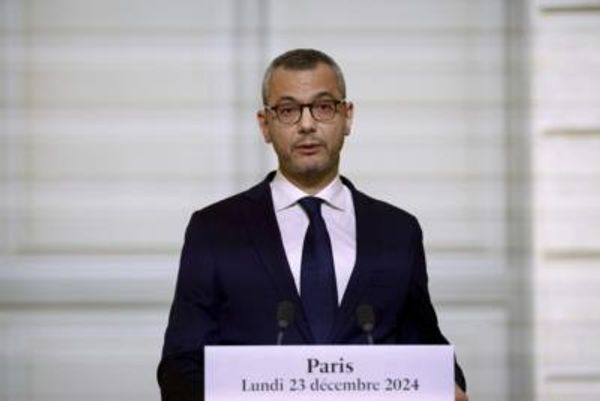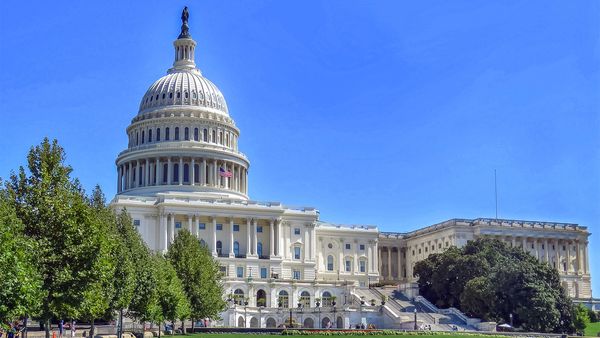
The Australian printing and magazine business has been a plaything of various billionaires over the years, from the Murdochs to the Packers to Kerry Stokes and the lesser known Hannan family. Yesterday ASX-listed company Ovato, formerly known as PMP, threw in the towel, appointing FTI as administrators.
It has been a controversial 21-year ride as a public company for PMP-Ovato but ultimately News Corp walked away with more than $1 billion funded by independent shareholders who have now lost the lot.
There have also been ethical questions for the Hannan family, particularly after it orchestrated a 2016 merger with PMP which transferred large redundancy liabilities into a less well capitalised public company while retaining private control of the property holdings in its print empire.
This came to a head after a restructure in 2020 which saw PMP continue to operate while the federal government chipped in $17 million. (There was also later $28 million in JobKeeper support.)
The print union was understandably furious that Ovato and the Hannan family negotiated tough enterprise agreements that slashed redundancy payouts and then came up with a clever corporate structure in 2020 which enabled them to close the Clayton plant in Melbourne and shed 300 of 1200 workers with the $17 million redundancy bill picked up by federal taxpayers.
However, the Hannans did commit $25 million to a $40 million equity injection at the time — which has now been completely toasted.
All of this was succinctly explained by journalist David Ross in The Weekend Australian on January 2 last year, and once again it was Ross who had the full lowdown in The Australian yesterday, presumably having been well briefed by News Corp colleagues given that Ovato prints some of the remaining News Corp magazines, such as Vogue Australia and GQ Australia.
Ovato’s history as a public company goes back to 1991 when News Corp floated 55% of Pacific Magazines and Printing as part of the Murdoch family’s debt crisis management. News Corp ended up pocketing more than $1 billion from exiting PMP but then badly blundered by shelling out $480 million for the Hannan family’s magazine and suburban newspaper interests at the top of the market in 2007.
With that sort of money, the Hannans could have all retired to Monaco but a few of them soldiered on in the declining printing business, eventually merging their privately owned IPMG outfit (excluding the valuable printing sites) with PMP in 2016.
The Hannans emerged with 37% of PMP but this effectively became worthless when COVID hit, partly due to the exorbitant redundancy bill PMP faced after the likes of Coles and Woolworths slashed their catalogue spending.
The 2016 PMP-Hannan merger was an all-scrip deal which nominally valued the family’s IPMG business at $119 million, the value of 188 million PMP shares issued to the family at the time. However, after shelling out $25 million in cash leading an Ovato rescue mission priced at just 0.5 cents in December 2020, the Hannans moved to a controlling 50.7% stake in the struggling business.
Private equity firm Mercury Capital, now Australia’s biggest magazine publisher after mopping up both the old ACP (Packer) and Pacific Publications (Murdoch then Stokes/Seven via PMP) empires in 2020, was in on the deal, agreeing to inject $10 million into Ovato at 0.5 cents as part of the $40 million rescue package led by the Hannans. Ovato prints many of the Mercury magazines, such as Women’s Weekly and TV Week.
Based on this story given to The Australian’s Bridget Carter yesterday, Mercury claims it is making good money from the magazine business, even if its 16.4% stake in Ovato is now worthless.
At the end of the day, you’ve got four billionaire families and a scavenging private equity firm which have all profited nicely from Australia’s printing and magazine industry.
Meanwhile, most of the journalists have been sacked and, in stark contrast to the printers at News Corp and Fairfax, many of the old PMP and Hannan print staff have not ended up with generous redundancy payouts. The remaining staff face an uncertain future in administration.







